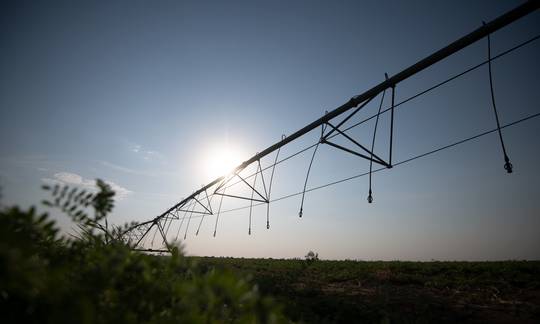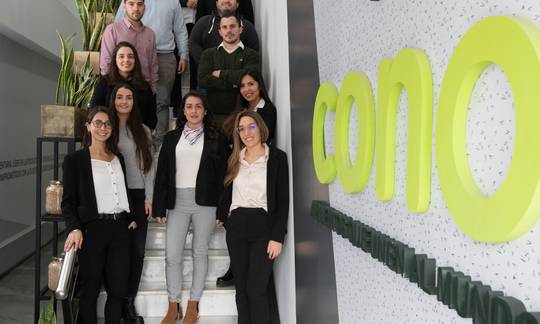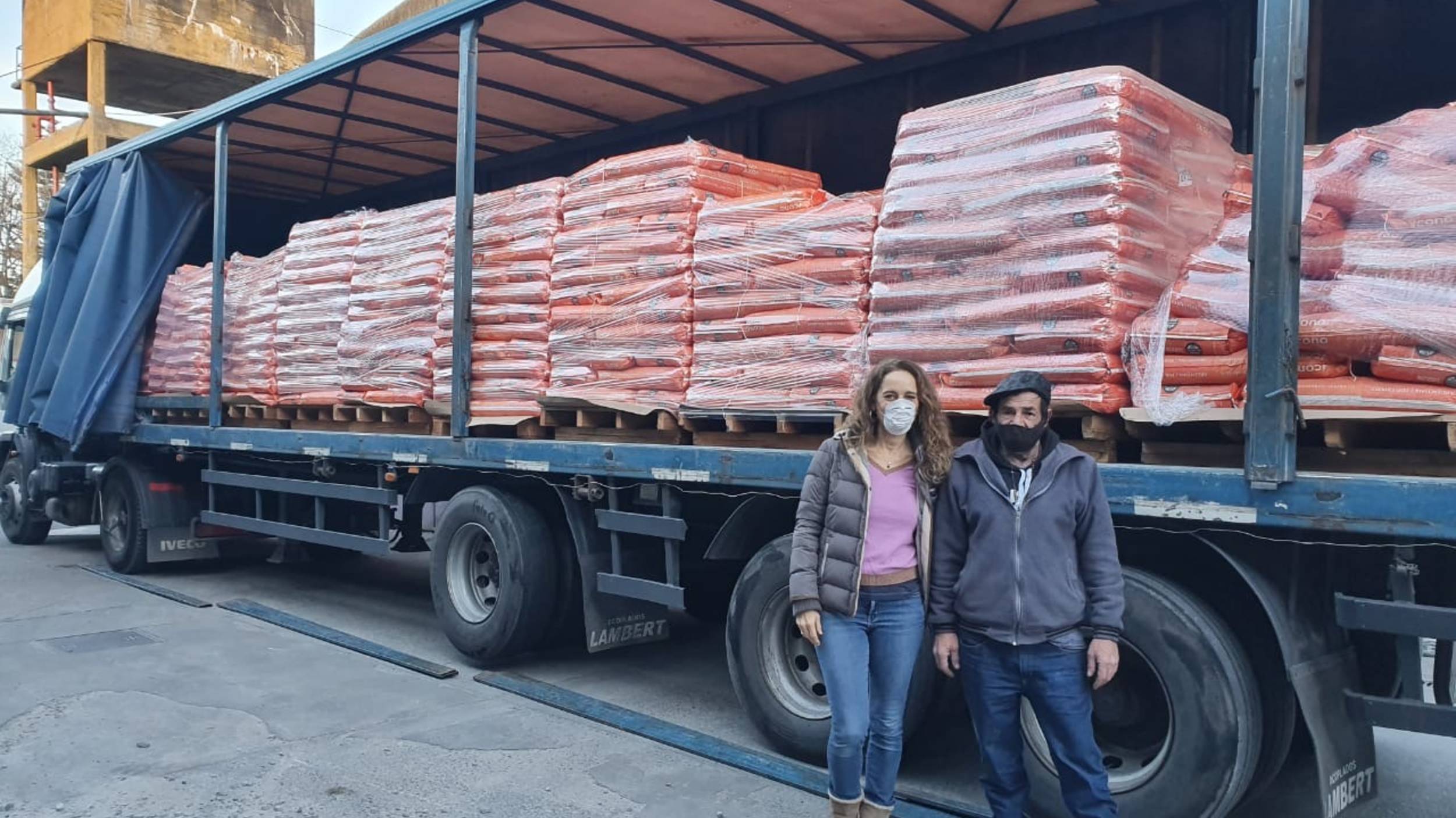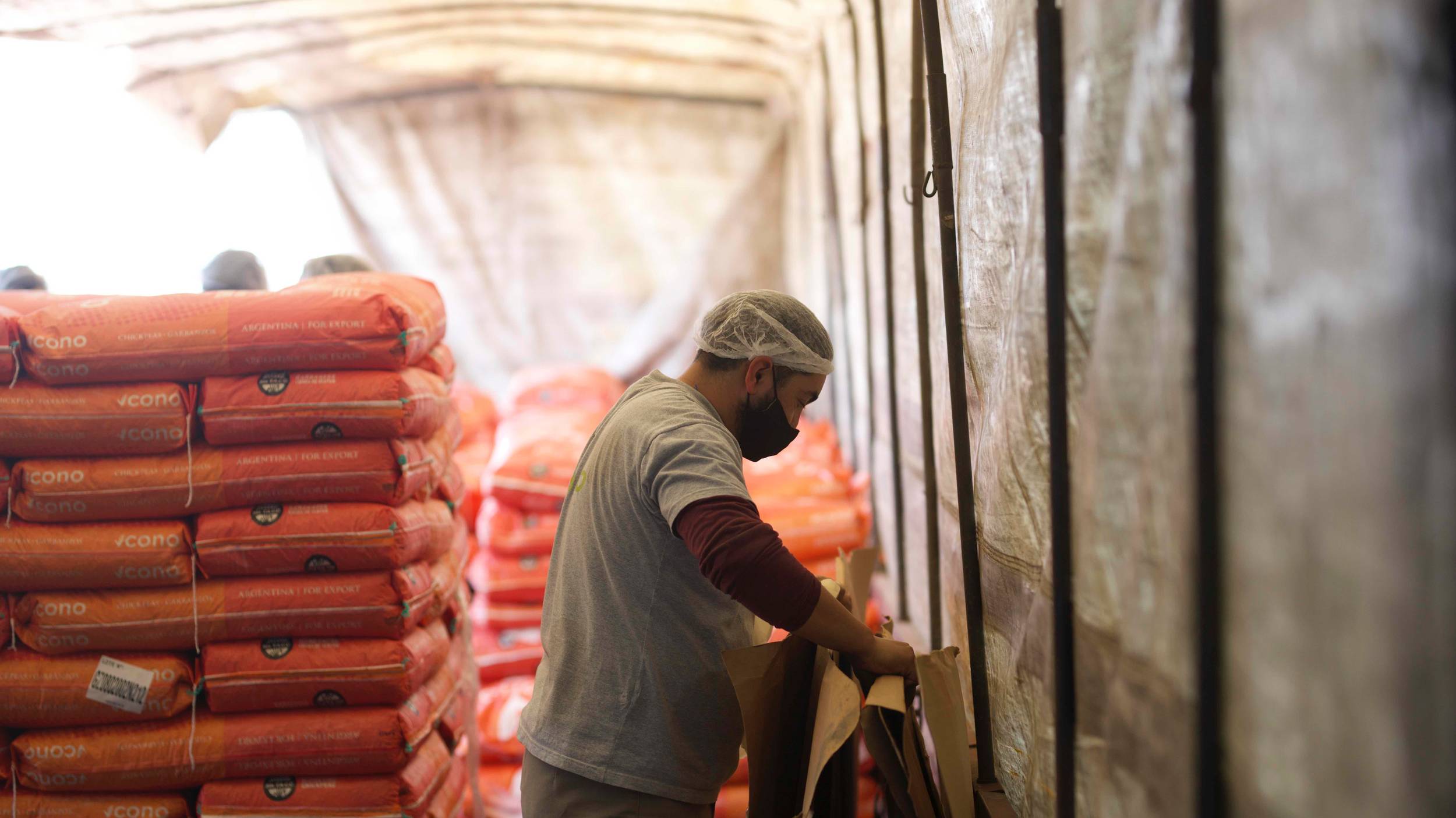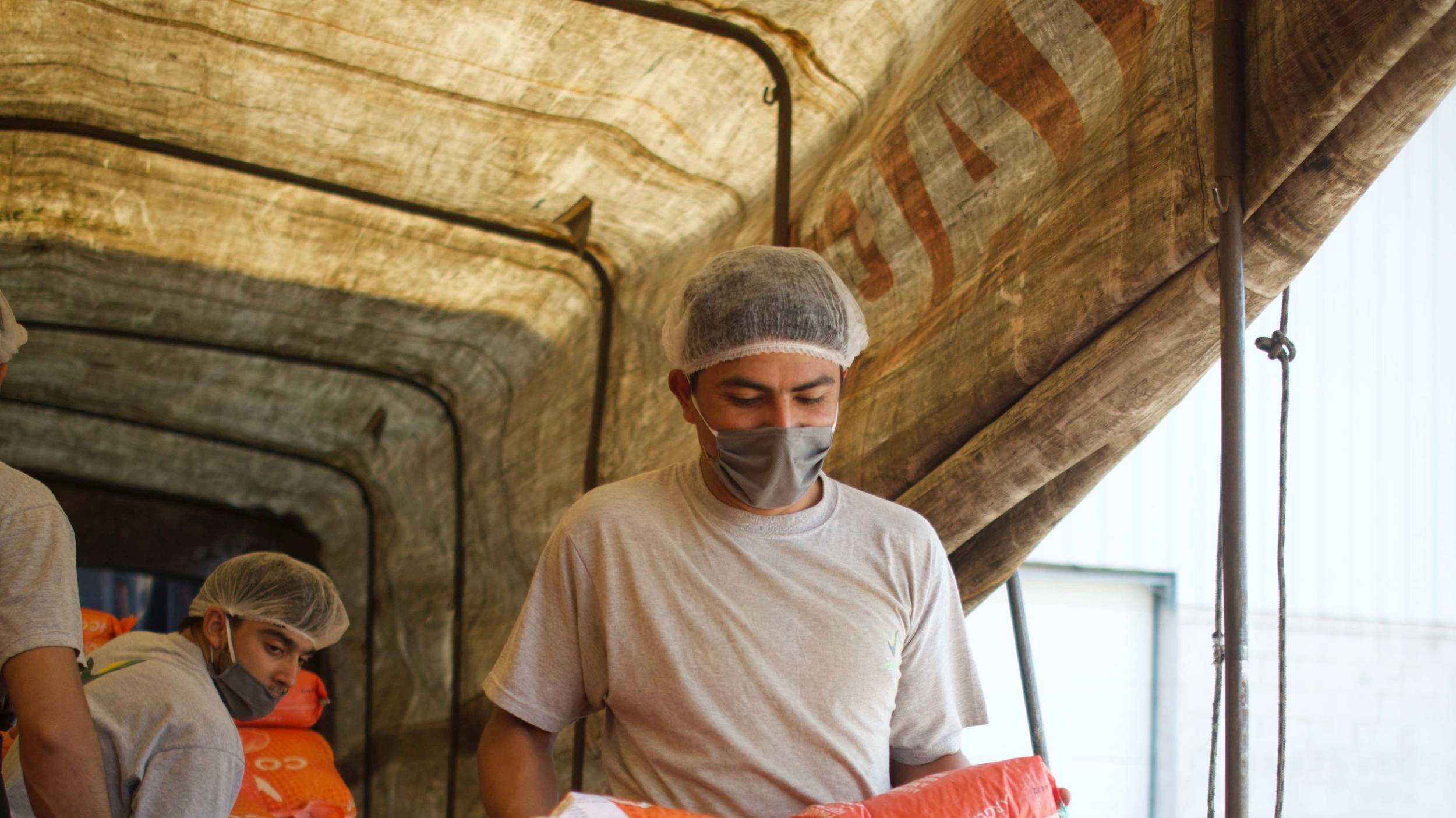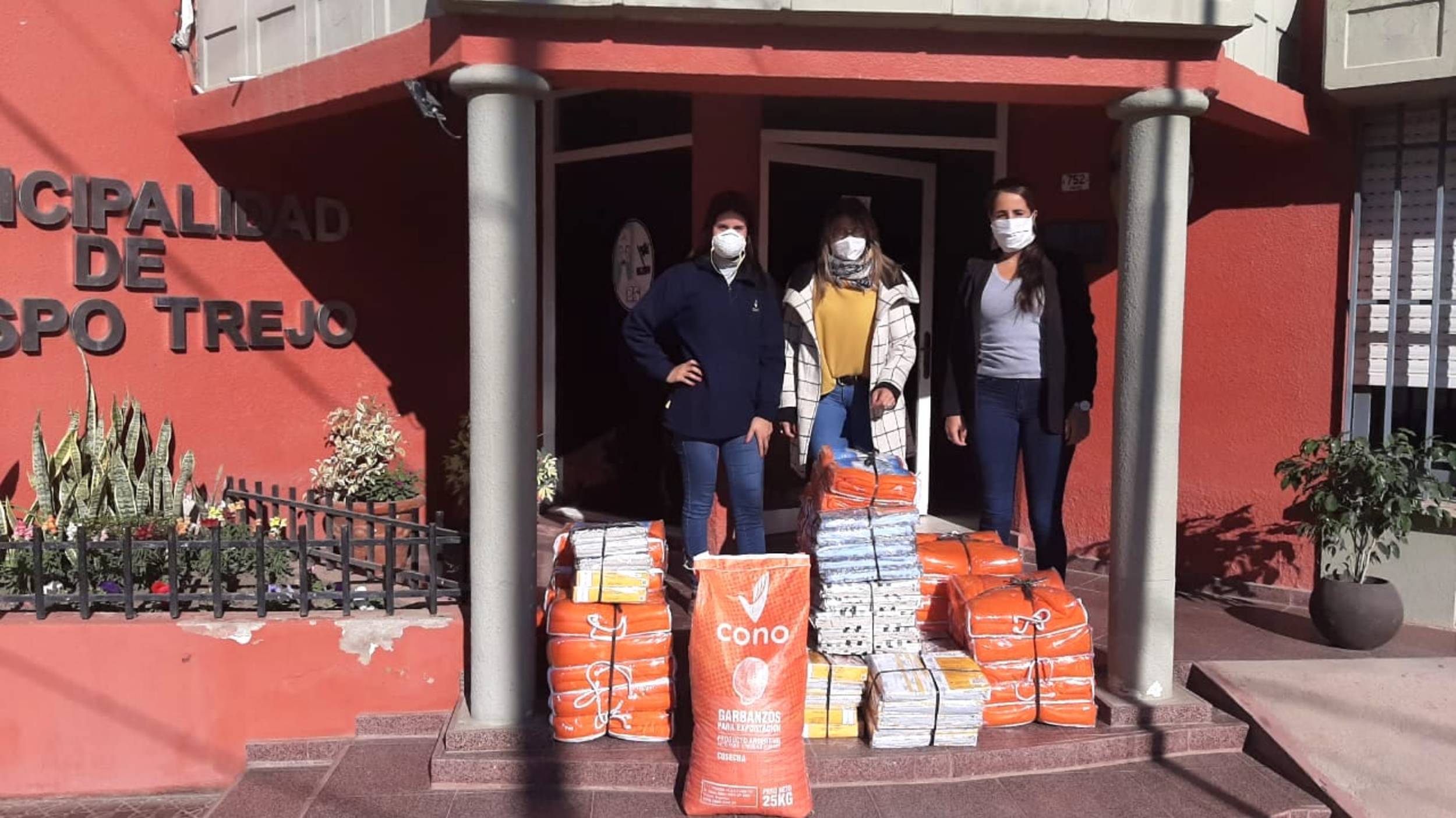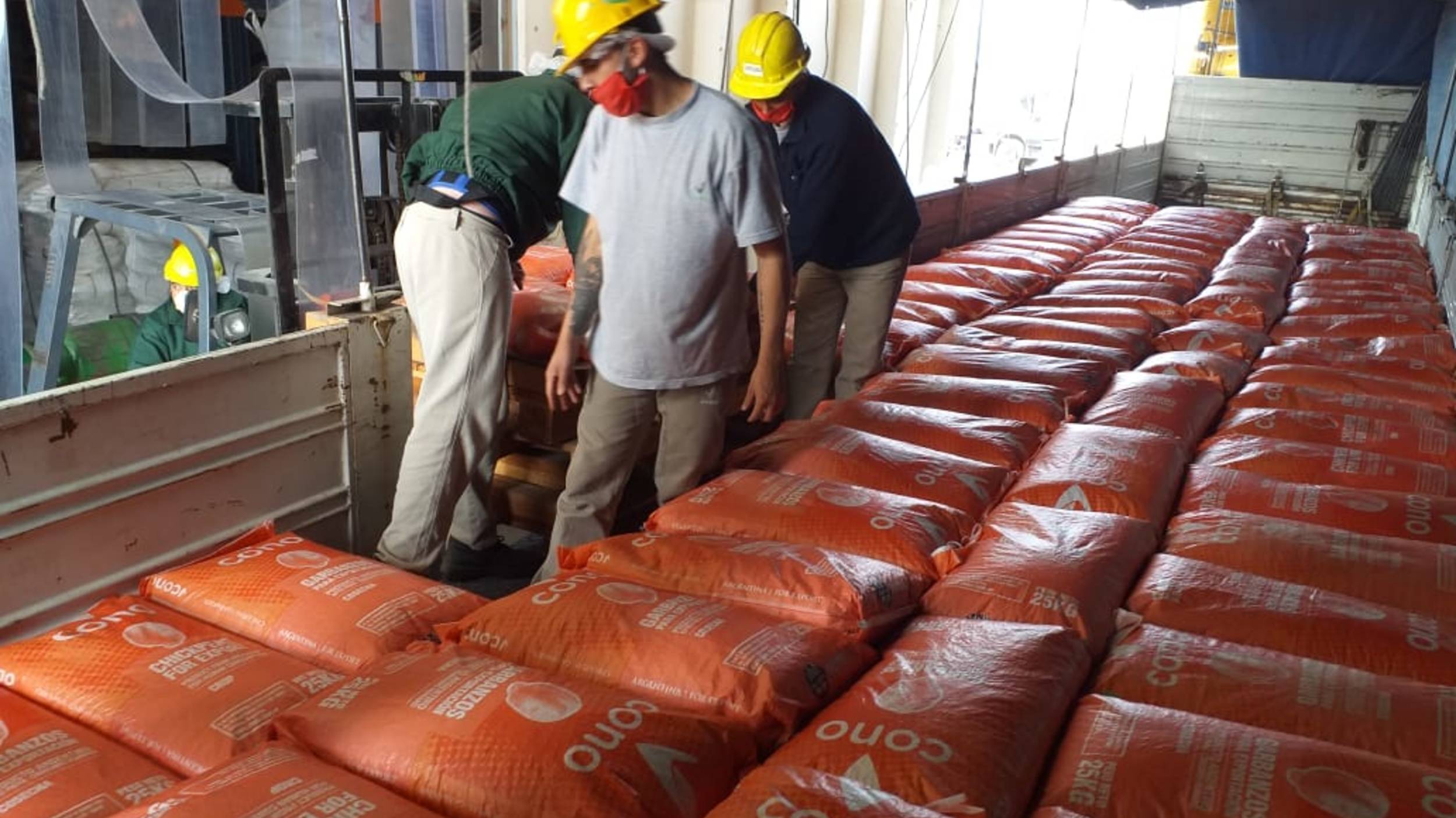Sustainable agriculture is part of Cono’s environmental responsibility
Protecting our most important resources – our environment and our people – is at the heart of what we do. It's also vital for the long-term viability and success of our business. That’s why we constantly strive to reduce our environmental footprint in terms of how we plant and manage our crops and how we take care of the soil health and environmental habitat around us. We also work hard to promote a workplace where employees feel safe and valued and can grow and make a mark on the organisation. We are passionate about playing a positive role in the lives of our communities by working with local organisations and by encouraging and supporting employee volunteering.
Effective change is driven by company leadership. That’s why at Cono, the Board of Directors and senior management oversee the development and implementation of our sustainability programmes, including performance goals, risk management and disclosure. They also take a hands-on approach to monitoring sustainability activities across the Group.
We have made major strides forward in implementing sustainable farming practices across our business operations in recent years, and we take pride in our achievements. However, we are also conscious of the challenges that remain. With further investment in research and technology and by strengthening our reporting framework and collaborating with all stakeholders, we’re confident we can make sustainable progress.
Supporting soil health through regenerative agriculture
It’s hard to overstate the importance of soil health. This natural and non-renewable resource provides nutrients for plant and animal life, mitigates climate change, captures and supplies clean water and helps to prevent soil degradation and the spread of desertification. Healthy soil is fundamental for our business, so for us, protecting and rebuilding soil is a top priority.
At Cono, we apply a number of sustainable soil management practices. Most importantly, we ensure our fields are covered by cover crops or crop residues throughout the year. This regenerative agricultural practice helps with carbon sequestering, minimises soil erosion, enhances soil structure, increases water retention and supports life in the soil. A non-tillage planting approach helps build organic soil carbon by minimising soil disturbance and erosion. We also use crop rotation across all our fields and regularly rotate nitrogen-fixing beans and soil-enhancing crops to enhance soil structure, increase carbon sequestration and replenish soil nutrients. Other benefits of this regenerative agricultural practice come from better weed suppression, disease and pest management and enhanced biodiversity.
In addition, by using extensive land terracing and forest strips, we reduce soil erosion by wind and water and increase rainwater harvesting. Another priority is restoring the soil health on previously degraded or marginal land. We achieve this by rebuilding the soil structure and nutrient content and reduce soil compaction by limiting the use of heavy machinery and equipment.
So how do we know we are getting it right? Thanks to a farm-wide data collection and monitoring system, implemented in 2019, we can measure key soil indicators, including soil carbon data, on an ongoing basis. Analysis of the data helps to improve our understanding of the biophysical efficacy of various soil management strategies so we can make more informed decisions about the use of fertilisers and crop rotation. In short, it helps us to be confident we’re doing everything we can to maintain healthy soil levels.
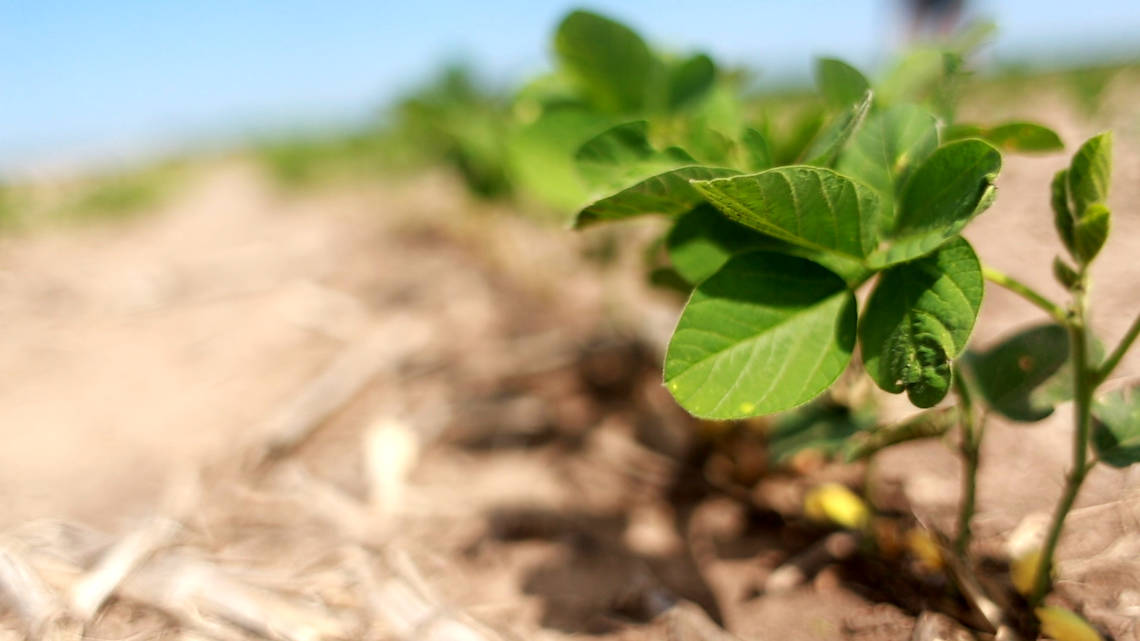
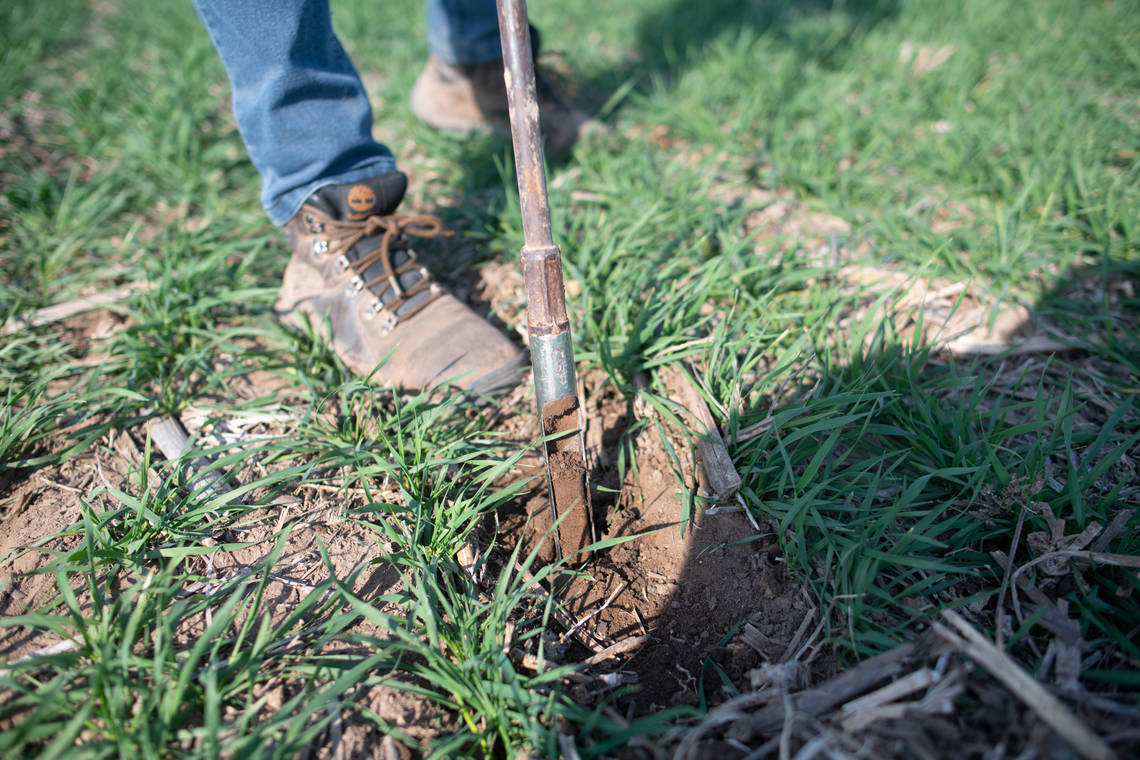
Reducing greenhouse gases to combat climate change
Climate change is one of the most critical issues facing the world today. The threat posed by global warming affects us all. At Cono, we are committed to curbing greenhouse gas emissions and energy consumption across our operations. We have a number of climate-smart agriculture projects in place that help reduce our carbon footprint, ranging from soil carbon management to the way we transport our crops.
Most importantly, soil stores large amounts of carbon. Healthy soil emits less carbon dioxide into the atmosphere. It may also serve as a kind of carbon sink by binding greenhouse gases and removing them from the atmosphere. Following sustainable soil management practices has played an important role in mitigating our greenhouse gas emissions.
We deliver our products to global customers via road, rail and sea. By improving route and logistics planning, increasing load factors and reducing the number of empty return trips, we have significantly reduced our road emissions. By shipping a large number of our containers to port by rail instead of road, we've managed to further reduce our environmental impact. In the meantime, we'll continue to seek smarter ways to transport goods.
To reach our climate-smart agriculture goals, we are also focusing on increasing our energy efficiency and shifting to low-carbon energy sources. Our new processing plant in Chalacea near Cordoba has been designed to be as energy-efficient as possible. And we have invested in renewable energy for our farm buildings.
Reducing the use of pesticides and responsibly using fertilizer
Pesticides are a vital tool to achieve high crop yields and feed a growing population, but improper use can contribute to soil, water and air pollution. It also leads to loss of biodiversity. To minimise potential harm to non-targeted organisms and the environment, we have introduced an integrated pest management approach as part of our sustainable farming practices. This includes a range of preventative measures such as using suitable crops, rotating crops across fields, and using appropriate soil and water management strategies to prevent or minimise the build-up of pests.
During the seeding and growing process, crops are carefully monitored through routine inspections to determine if and what corrective actions have to be taken. When intervention is needed, we use a combination of cultural, mechanical, biological and chemical measures to control the pest outbreak. We'll always use biological, physical and non-chemical methods if they provide satisfactory pest control. And we use targeted chemical pesticides that are less likely to affect natural enemies and other non-target organisms and have less impact on biodiversity.
This integrated pest management approach has significantly reduced our dependency on chemical pesticides in general, and the use of more hazardous pesticides in particular over the past few years. And thanks to lower diesel usage due to fewer trips to farms, we've also managed to cut our C02 emissions. We’ll continue to look for more ways we can reduce our use of pesticides.
Cono is also committed to the responsible use and management of fertilisers. We follow a holistic approach to the management of nutrients and the use of fertilisers. We factor in site-specific information such as soil characteristics, crops to be grown, previous crops grown, expected yield and climatic and hydrological conditions. We aim to prevent both the underuse and overuse of fertilisers so as to avoid nutrient imbalance and soil and water pollution. We also focus on applying fertilisers at the proper time and in the right amounts and identifying the most appropriate fertiliser at source and placement.
We have strict internal policies and guidelines in place to ensure that all agrochemical products are appropriately used, stored, transported, and safely disposed of.
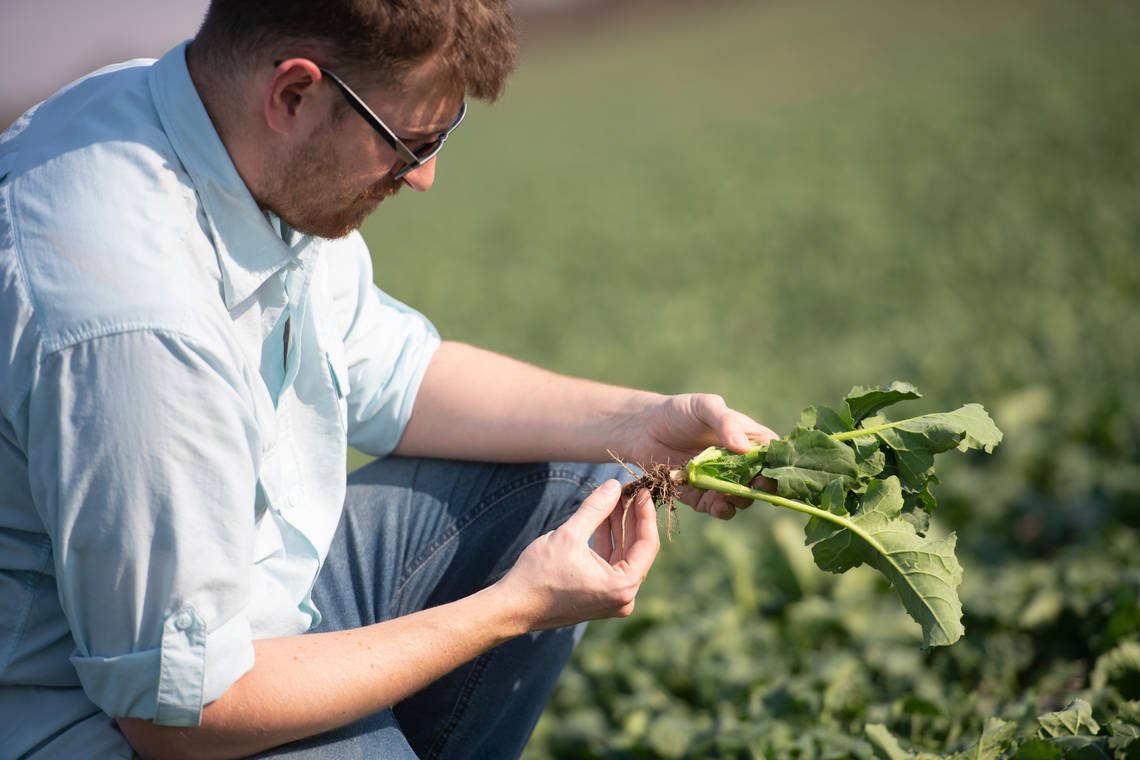

Promoting biodiversity and driving reforestation
Conserving biodiversity is critically important to ecosystem health and the future of our planet. We have implemented a number of initiatives in our fields to improve biodiversity, with a focus on reforestation and improving habitats. Planting trees on non-productive land and around our processing facility is a small but significant way to help biodiversity. Working with local experts, we are also looking to create flower strips, insect hotels and bird nesting aids that promote biodiversity, boost pollination and help with pest and disease suppression. It's a win-win approach that's good for the environment and benefits our drive towards more sustainable farming.
Managing water for the environment
The production of nutritious and healthy food depends on clean and freshwater. We are mindful that water is a precious commodity and of concerns over its availability, security of access and the potential for water contamination. Our crop production mainly relies on the water stored in our soils with limited use of additional water irrigation. The quantity and quality of the water stored in our soils is therefore very important for our sustainable agriculture.
Focusing on health-promoting soil practices is crucial to enhancing both groundwater and surface water quality. Healthy soils are permeable and can store more water and nutrients, enhancing crop yields. Better water retention also reduces the need for irrigation and the risk of floods and surface erosion. It supports groundwater recharge and increases water quality downstream.
With regard to climate-smart agriculture, we are looking at other ways to decrease our water consumption. So we ensure the crops we use are ideally suited to our climatic conditions and soils. We've also implemented a regulated water deficit irrigation system in Cordoba to minimise our water usage.
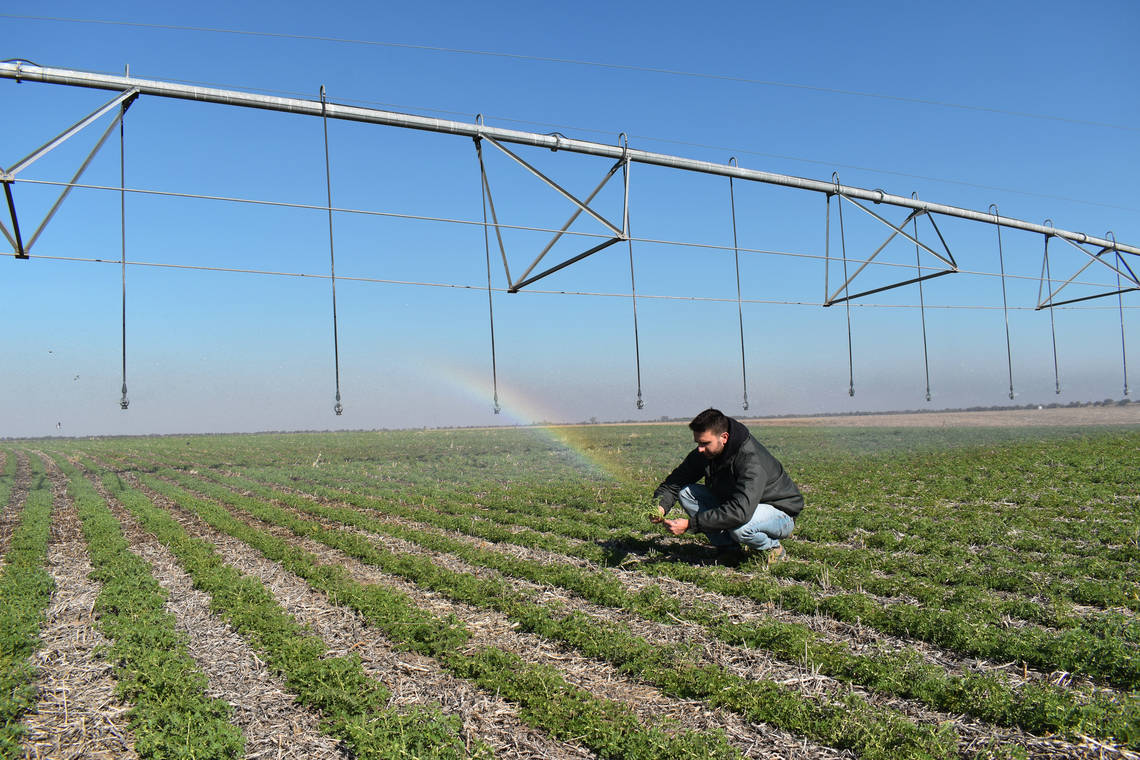
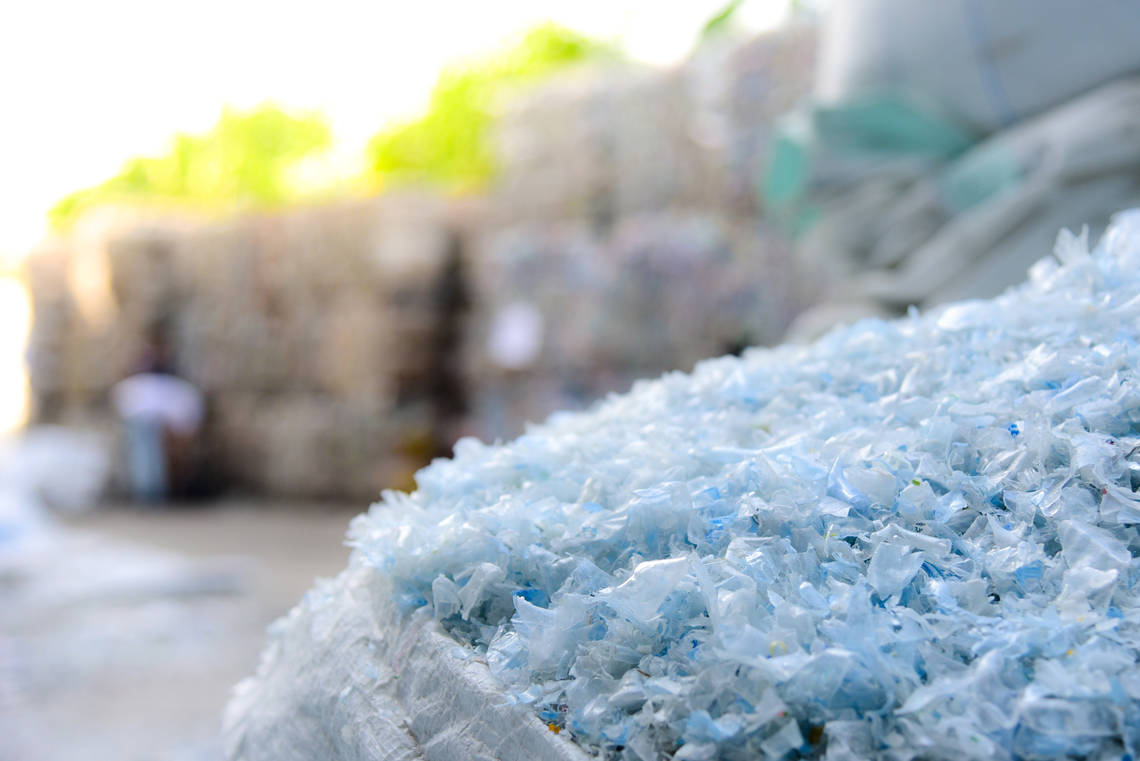
Improving solid waste management
Reducing solid waste generation across our business is something we continuously work on. Our efforts include minimising food loss and degradation during the production, harvesting, storage and processing process. We also make every effort to reduce food waste by reusing lower-quality crops as animal food or composting substrate rather than simply wasting it. Cono also regularly donates food to those in need. Here, too, we take our environmental responsibility seriously.
We've definitely upped our game in terms of reusing and recycling and in avoiding pollution by properly disposing of hazardous waste. By optimising the use of plastic bags across our processing and logistics process and using fewer silo bags at our processing plant, for example, we've drastically cut the amount of plastic waste we produce. So far so good, but at Cono, we're always trying to do better!
Certifications confirm sustainable farming
Sustainability and food safety are top priorities for Cono. Our credentials in this area are regularly checked and confirmed by official certification bodies. This means that our customers can rely on maximum transparency and be confident about buying a verified, sustainably produced, high-quality product.
Health and safety in the workplace
Our employees are one of our greatest assets. In line with our key values as an organisation, we are focused on providing a safe and healthy working environment for our employees and contractors. We actively promote a working environment that encourages safe practices and follows a stringent health and safety programme to prevent workplace injuries, occupational diseases and fatalities. This is complemented by duty-specific training and, more generally, the fostering of a strong health and safety culture among staff at each level in all departments.
In the past few months, efforts have been centred on simplifying processes and completing a suite of new standards and policies for all relevant activities. We've also rolled out a new reporting system with a simpler and faster tool to track performance.
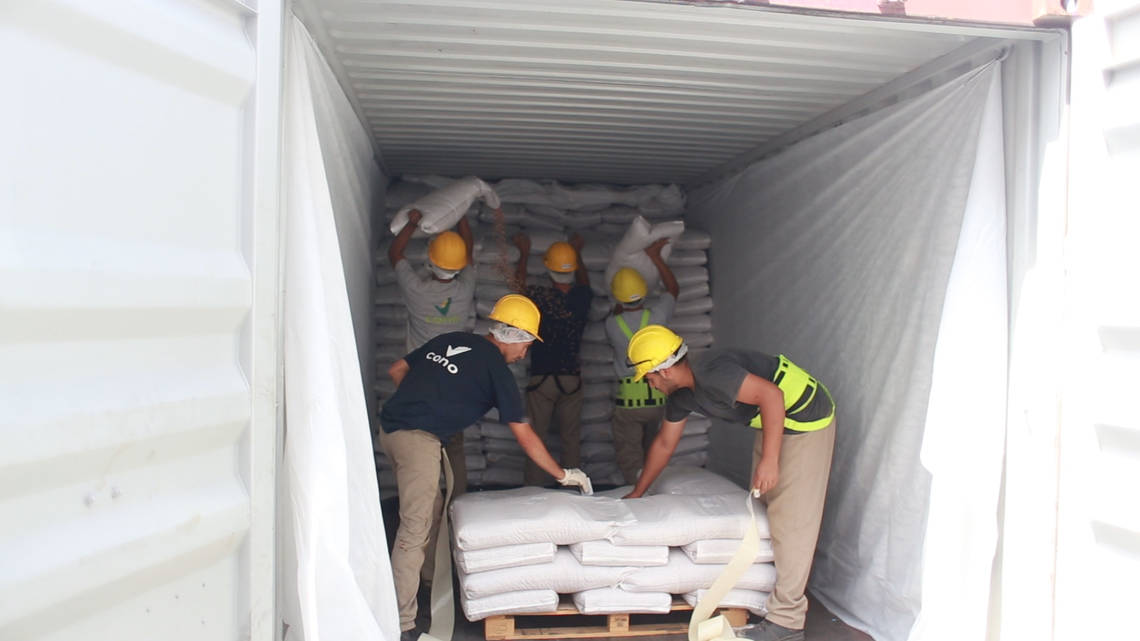
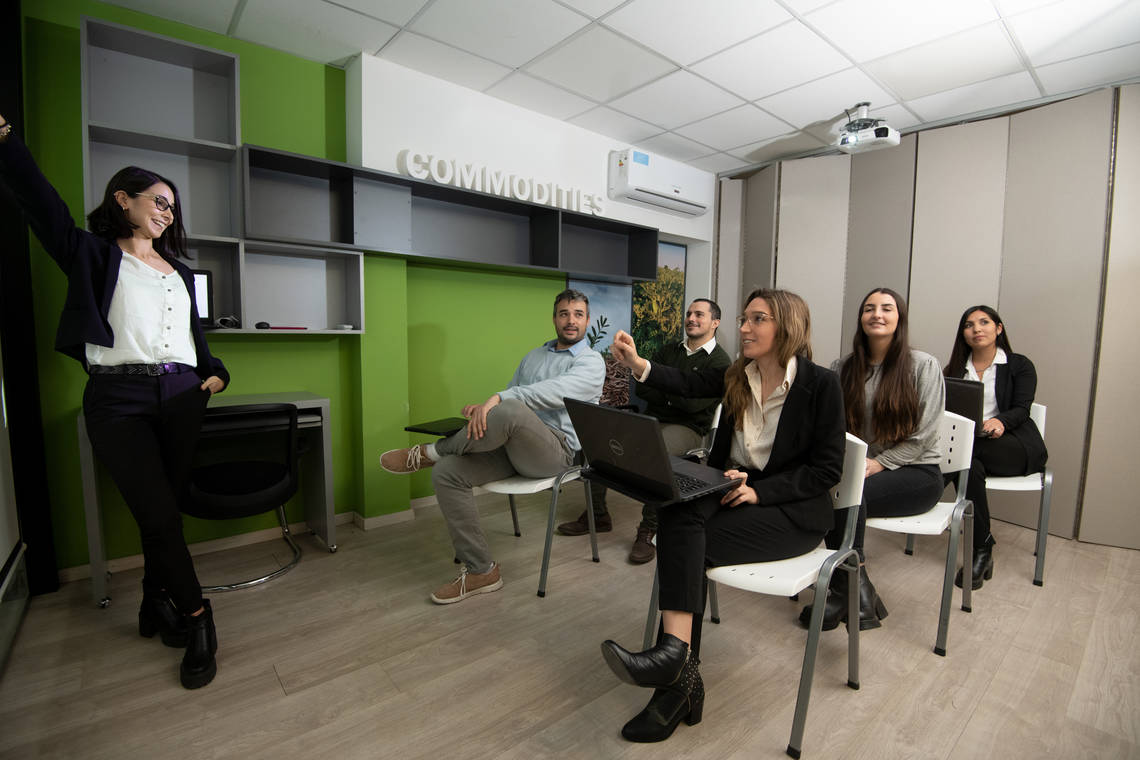
Employee well-being and development
We have an ongoing commitment to providing a diverse, inclusive and safe working environment for all staff members. We are continuously striving to make Cono a great place to work, one where employees can flourish. We value the uniqueness of individuals and the variety of their talents, experiences and ideas. We believe in treating people with respect, honesty, dignity and fairness. We foster diversity within our workforce and have an inclusive environment that helps us work as a team for the benefit of the business. Not just for the business, but for the sense of achievement it gives people.
Discrimination based on sex, race, origin, religion, age, disability, sexual orientation or beliefs is totally at odds with our values, history, culture and economic interest. We reject any use of child labour, forced or compulsory labour, any form of modern slavery and human trafficking – not only with regard to collaboration within our company but also, of course, as far as the conduct of our business partners is concerned.
Furthermore, employee development is important to attract, nurture and retain the best available talents. We achieve this by offering regular workshops, leadership seminars and training sessions and by seeking and acting on staff feedback initiatives.
Supporting our local community during the COVID-19 pandemic
Cono has been working with nonprofit organisations in Argentina to help address food shortages and health and safety needs during the COVID-19 pandemic. So far this year, we’ve donated more than 1 million food rations, including chickpeas, beans and corn to alleviate food shortages in Cordoba and Buenos Aires and help support vulnerable children and their families. We’ve also donated educational and health items to help with the set-up of a local emergency centre.
Cono has been working with the following non-profit organisation to help people in our communities:
-
Municipality of Obispo Trejo and Centro Educativo “Ricardo Gutiérrez”, Province of Córdoba: We have delivered furniture items, as well as sheets and blankets for setting up a health emergency centre.
-
Fundación Banco de Alimentos de Córdoba: Redistribution of food to food kitchens throughout the city of Córdoba and its surroundings. We’ve committed to donating 3 tons of legumes per month, for the remainder of 2020.
-
Fundación cartoneros y sus niños: In cooperation with Cera Suiza and their great efforts to collect and distribute our products in Munro, Buenos Aires, we were able to help more than 150 children who depend on this foundation.
-
Fundación Escuela de la Intuición and Fundación Proyectar. They received donations of beans and chickpeas, too, thanks to the great efforts made by Cera Suiza.
-
Solidarity project #seamosUno: This project was set up during the quarantine in Argentina, with the collaboration of more than 100 national and multinational companies, to alleviate famine and cover the basic shortages faced by thousands of families in Buenos Aires and its suburbs during the pandemic.
-
Córdoba Food Emergency: We helped with donations of chickpeas to the initiative of Urgencia Alimentaria.
Our thoughts are with all those communities impacted by this virus. We’ll continue to work with our partners to provide local relief in the coming months.
Other initiatives
In conjunction with the Food Bank of Cordoba and CLERA, Cono organised legume cooking workshops for local communities to demonstrate how nutritious and protein-rich legumes and pulses can be incorporated into everyday meals.
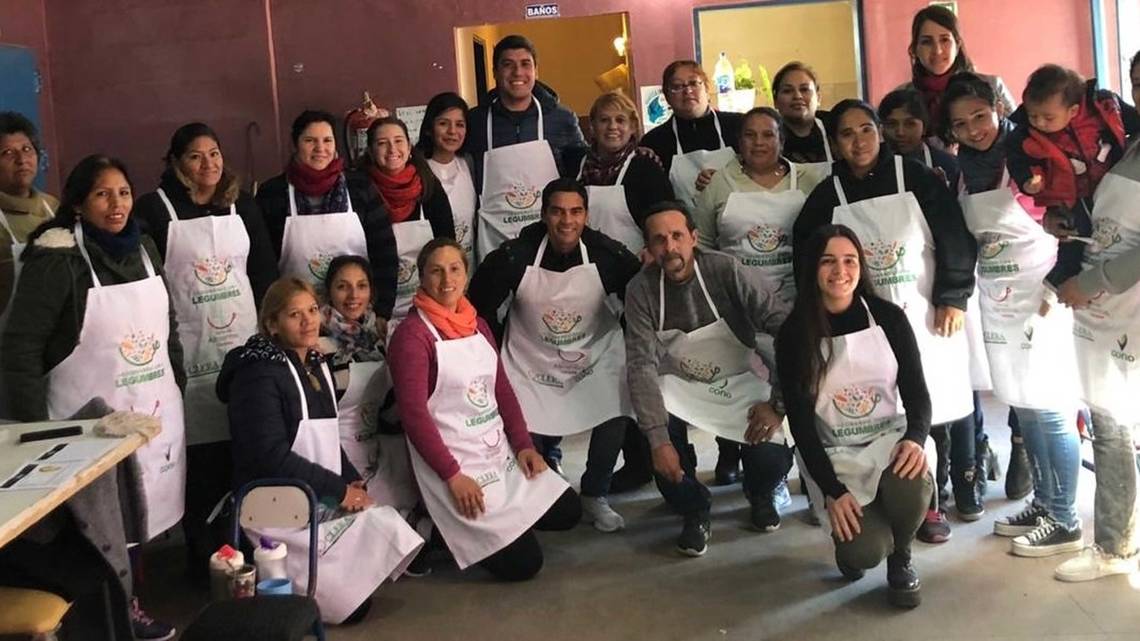
As part of the global IPESASILO initiative, we created a special pink-coloured silo bag. For every bag sold, Cono donated USD 10 to support cancer patients and to fund cancer research.
Partners are committed to sustainable agriculture
Cono attaches great importance to climate-smart agriculture. We ensure that our products are grown and processed sustainably. If you would like products outside our range, we will contact our regional partners to supply you with these goods. Sustainability is also an important topic for our partners. We are working with our suppliers to promote the adoption of sustainability policies and standards among them.


